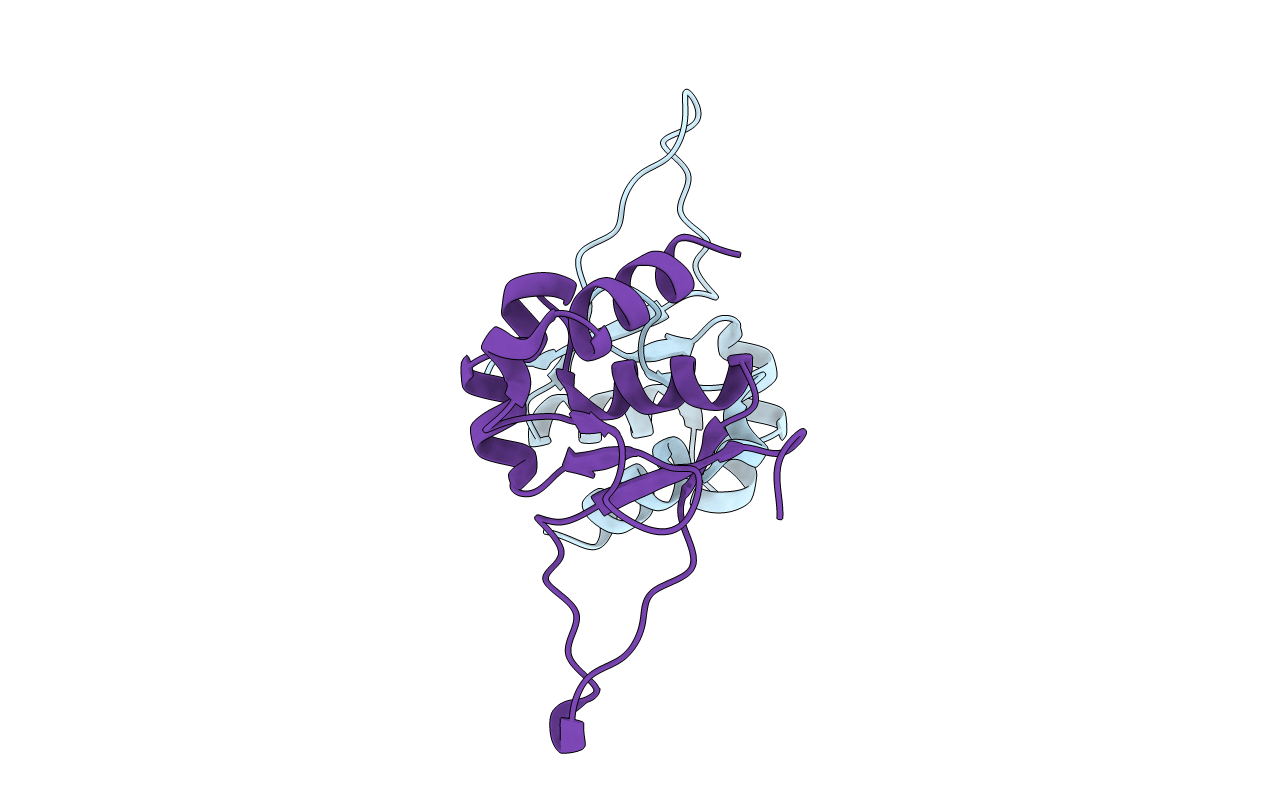
Deposition Date
2000-07-16
Release Date
2001-01-17
Last Version Date
2024-02-07
Entry Detail
PDB ID:
1FBQ
Keywords:
Title:
HEAT SHOCK TRANSCRIPTION FACTOR DNA BINDING DOMAIN CONTAINING THE P237K MUTATION
Biological Source:
Source Organism(s):
Kluyveromyces lactis (Taxon ID: 28985)
Expression System(s):
Method Details:
Experimental Method:
Resolution:
2.00 Å
R-Value Free:
0.26
R-Value Work:
0.21
R-Value Observed:
0.21
Space Group:
P 21 21 2


